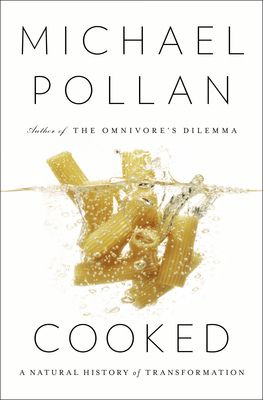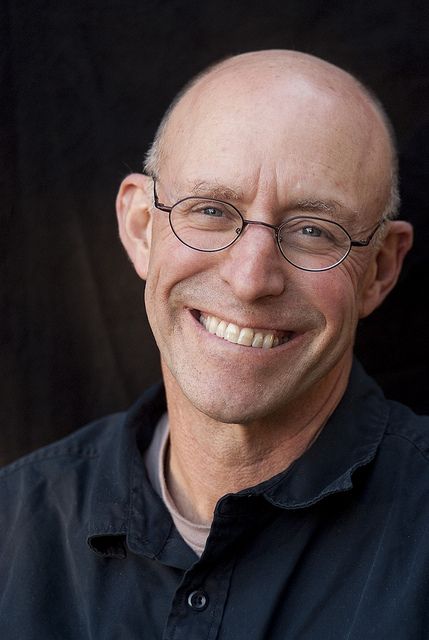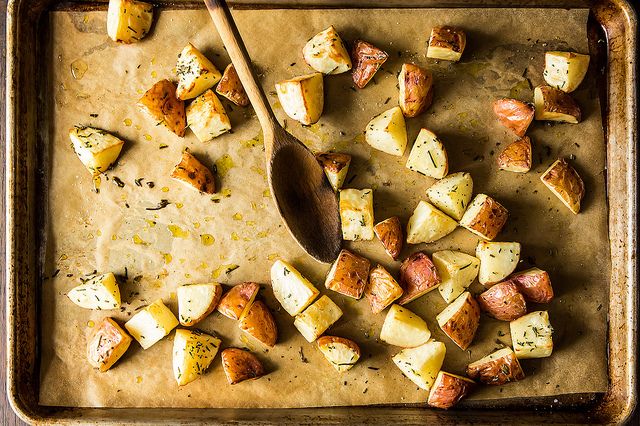Mcspiedoboston now shares with you the article Michael Pollan on Why We Should Cook (plus a Giveaway!) on our Food cooking blog.
Bạn Đang Xem: Michael Pollan on Why We Should Cook (plus a Giveaway!)
We’re sitting down with our favorite writers and cooks to talk about their upcoming cookbooks, their best food memories, and just about anything else.
Xem Thêm : How to Have the Chillest Long Weekend in Tulum, Mexico
Today, we talk to Michael Pollan, who got back into the kitchen for his new book, Cooked. Be sure to enter our giveaway below!


Michael Pollan’s writing on modern food systems has played a huge role in how we think about what we eat and where we purchase our foods. If you haven’t read The Omnivore’s Dilemma or In Defense of Food, get thee to a bookstore — but first, add one more book to your shopping list. Cooked, Pollan’s most recent work, proves that the solution to many of our problems — personal, philosophical, environmental, and social — is as simple as getting in the kitchen.
We stole a few minutes of Michael’s time to discuss what he loves about cooking, what he learned from his latest book, and what his daily eats look like. Be sure to enter our giveaway to win one of five copies — Cooked is sure to inspire you to get cooking. And we’re totally on board with that.
Your book is all about the importance of cooking at home, but you’re sort of preaching to the choir here — it’s one of our favorite things to do. As home cooks, what’s the best way to inspire others to spend more time in their kitchens?
I think that if you’re a passionate cook, inviting friends into your kitchen is a great way to share your passion. Also, by watching or helping others, you can learn things you could never learn from a book or even a video. Side-by-side teaching is the best kind there is. Over time, dinner parties at our house have evolved in such a way that people show up an hour or two early to help out in the kitchen, and the cooking is as central to the experience as the eating.
We’re nosy, so we want to know: what do you eat? What does an average day of (whole) food look like in your life?
I often have eggs for breakfast, or yogurt and fruit in the summer, or oatmeal in winter. For lunch I try to eat leftovers, and usually cook enough dinner to roll over into lunch; otherwise I’ll make a sandwich of whatever’s around. Dinner midweek might be fish on the grill with three or four vegetables — often roasted on a cookie sheet with olive oil, or greens from the garden — kale, chard, spinach — sautéed in olive oil. Pretty simple. We might make a stew, braise, or soup on a Sunday and have that a couple of nights during the week.
More: Roast any vegetable, in just 4 steps.

What is your favorite thing about cooking?
For me it’s a lot like gardening, which I’ve been at much longer. It gets me away from screens, from paid work, and it reacquaints me with all my senses, which I immediately realize are feeling neglected and in need of a workout. Learning to be present in the kitchen is a great gift to one’s sanity — to be there, taking in the smells and tastes, and letting the world fade away. What could feel like drudgery can feel like the most wonderful immersion.
One of the simplest — and most valuable — tips you have for shoppers is to only buy foods found on the perimeter of the grocery store: whole foods like dairy, produce, eggs, and meat. If we were to catch you in the inner aisles, though, what Edible Foodlike Substance would you be buying?
I do wander in there from time to time to buy simple processed foods like canned tomatoes, chickpeas, and frozen spinach, which are all fantastic ingredients. It’s the hyperprocessed foods — those with dozens of ingredients, that are meant to be whole meals — that get you in trouble, and I am really not tempted by them. But I do have a weakness for chips of all kinds, and the occasional bag of Cracker Jacks — though I tend to buy these from gas stations, a notably terrible place to shop for food.
In Cooked, you learn about cooking from bakers, barbecue masters, chefs, and “fermentos” — what is the most interesting fact, or valuable lesson, that you learned from these professionals?
“Practice, patience, and presence” — the mantra of one my teachers, Samin Nosrat, which she picked up from a yoga teacher. I learned to be patient — to let the onions sweat and sautée for 45 minutes rather than five, the braise at 225 not 300, to overcome my usual time panic and let things unfold. As a baker told me, “baking bread takes a lot of time, but it’s not YOUR time.”
Looking for more motivation to cook? Beautiful tools are a good first step.
We’re giving away five copies of Michael’s new book! For a chance to win, tell us: what do you think is the most compelling reason to cook? Winners will be chosen at 3 PM EST this Friday, May 3.
Nguồn: https://mcspiedoboston.com
Danh mục: Food
Related Posts:
- 10 Things We Learned From Michael Pollan at the Premiere of…
- Yotam Ottolenghi on Israeli Cooking (Plus a Giveaway!)
- Aran Goyoaga of Cannelle et Vanille (and a Giveaway!)
- For the First Time, Here’s the Cover of Samin Nosrat’s Book,…
- Meet the Woman Who Gave Michael Pollan His "Eat Food" Line
- Tie Up Your Aprons: It's Time for Kitchen Confidence Camp!
